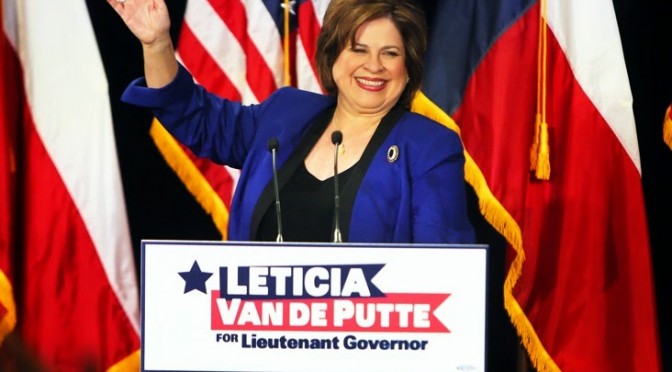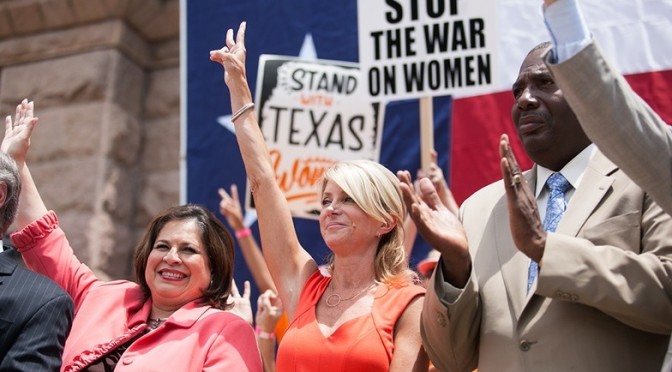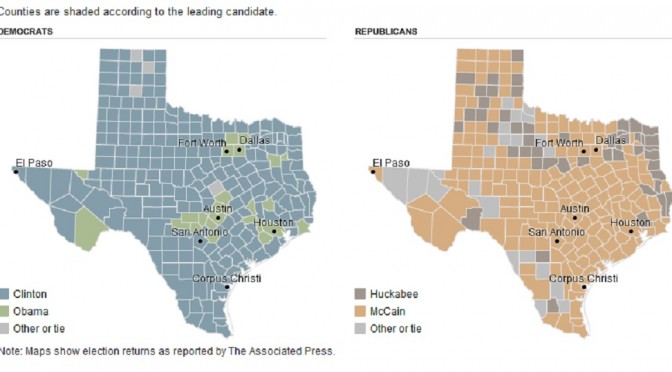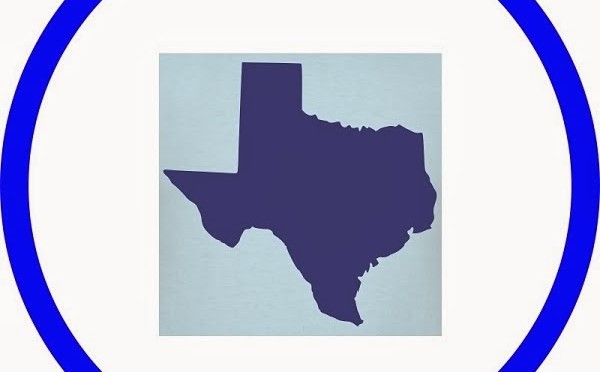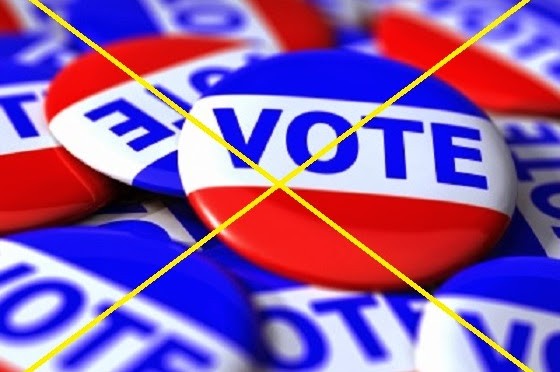Unlike her Republican counterpart, the Democratic candidate for Lieutenant Governor is actually talking about jobs.
This week, State Senator and statewide office hopeful Leticia Van de Putte unveiled the Texas First jobs plan-- a comprehensive plan to ensure that Texas not only continues the growth of … Continue Reading ››
Greg Abbott: LGBT Texans Aren’t Stable Enough For Marriage
Marriage in most families is a momentous occasion, and for those that choose to walk down the aisle, it marks the beginning of a new life for the wedded couple. Marriages form a backbone of not only family history, but American history as well. But for LGBT Texans that treasured history is being not only … Continue Reading ››
Van de Putte Bests Patrick in Latest Fundraising Haul
It's been a good month for the Senator from San Antonio, as Alex Ura of the Texas Tribune reports...
Democratic state Sen. Leticia Van de Putte and Republican state Sen. Dan Patrick, who are facing off in a fiery race for lieutenant governor, have both raised about $1 million since the end of May … Continue Reading ››
TexWatch 2014: Ballot Set
Now that the state of Texas has completed state runoff elections, residents of the Lone Star State now have a set ballot for this November. Among the top races, State Senator Dan Patrick handily won the GOP's nomination for Lieutenant Governor over current office-holder David Dewhurst, and will go on to face Democratic standard-bearer Leticia Van de … Continue Reading ››
More Evidence: Texas Doesn’t Vote
If you know one thing about Battleground Texas, you know that their organization is taking on a huge task... re-make the voting electorate of the Lone Star State.
And as Ross Ramsey from the Texas Tribune writes, they've still got a long way to go to be able to do it.
Senate District 3, the most … Continue Reading ››
Texoblogosphere: week of February 3rd
The Texas Progressive Alliance still has a dozen or so Republican responses to the SOTU it needs to get through as it brings you this week's roundup.
Off the Kuff takes a look at campaign finance reports for Harris County legislative and countywide candidates.
Horwitz at … Continue Reading ››
Off the Kuff takes a look at campaign finance reports for Harris County legislative and countywide candidates.
Horwitz at … Continue Reading ››
TexWatch 2014: Voting Issues Already??
If you pay attention to the mainstream news, you may think that Texas' first "test run" of the new Voter ID law is going quite well in the 2013 elections. Early voting procedures have been "largely successful" ... at least that's the line that many in the GOP are trying to spin. … Continue Reading ››


